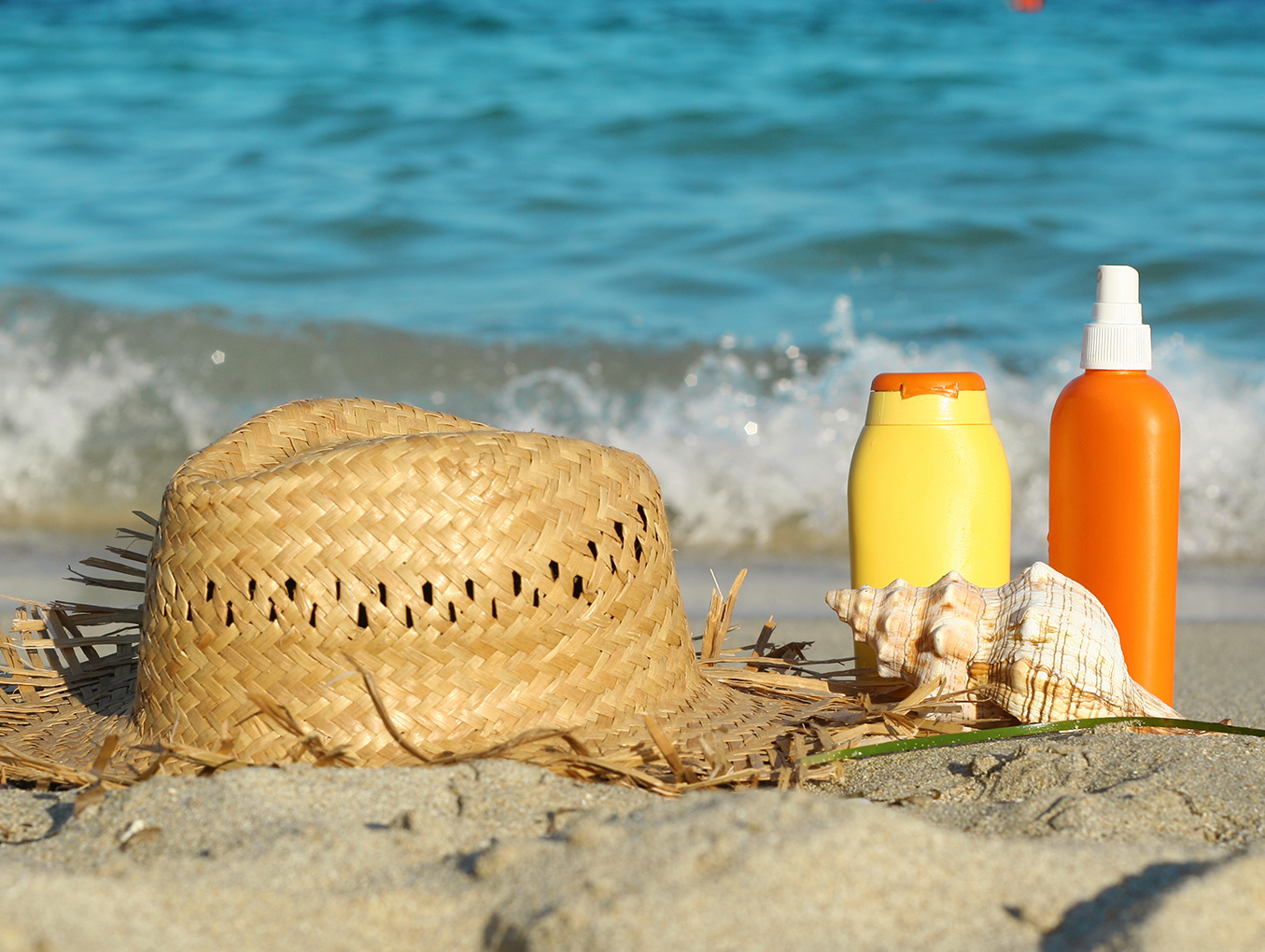Skin Cancer Screening

Skin Cancer screening, surveillance, diagnosis and management.
The sooner a skin cancer is identified and treated, the better your chance of avoiding surgery or, in the case of a serious melanoma or other skin cancer, potential disfigurement or even death.
At Hyperdome Doctors we Bulk Bill Skin Cancer checks for DVA patients and children under 16. For all other patients there is an out of pocket cost of $43.05, (fee charged is $120 and Medicare rebate is $76.95).
It is also a good idea to talk to your doctor about your level of risk and for advice on early detection. Become familiar with the look of your skin, so you pick up any changes that might suggest a skin cancer. Look for: any crusty, non-healing sores small lumps that are red, pale or pearly in colour new spots, freckles or any moles changing in colour, thickness or shape over a period of weeks to months (especially those dark brown to black, red or blue-black in colour).
If you notice any changes consult your doctor. Your doctor may perform a biopsy (remove a small sample of tissue for examination under a microscope) or refer you to a specialist if he/she suspects a skin cancer. More information about early detection is available in Cancer Council’s website.
It can be difficult to self-diagnose, if you are concerned about your skin cancer risk or notice anything on your skin that has changed in size, shape or colour or a non-healing sore, please make an appointment with your GP straight away. Your GP can discuss your skin cancer risk and advise you on your need for medical checks or self-examination. Regular appointments can reduce the risk and ensure early detection.
What to expect during a skin check
- Consideration of your family history of skin cancer
- Consideration of your personal sun exposure history
- Consideration of your skin type and risk level
- A thorough inspection of your skin which may require you to strip to your underwear so the GP/Specialist can check over your body, this can take between 5 and 10 minutes
Treatment
Skin cancers are almost always removed. In more advanced skin cancers, some of the surrounding tissue may also be removed to make sure that all of the cancerous cells have been taken out. Common skin cancers can be treated with ointments or radiation therapy. They can also be removed with surgery (usually under a local anaesthetic), cryotherapy (using liquid nitrogen to rapidly freeze the cancer off), curettage (scraping) or cautery (burning).
Should a skin cancer be detected we offer removal services in our surgery for a fee which covers the cost of removals and consumables. You will also be in the safest possible hands as our removal treatments are carried out by a highly experienced doctor who specialises in cosmetic treatments.
For more detailed information about skin cancer please contact us or discuss with your GP.
Prevention
As always, prevention is better than cure.
Protect your skin. For best protection, we recommend a combination of sun protection measures:
- Slip on some sun-protective clothing – that covers as much skin as possible Slop on broad spectrum, water resistant SPF30+ sunscreen. Put it on 20 minutes before you go outdoors and every two hours afterwards. Sunscreen should never be used to extend the time you spend in the sun.
- Slap on a hat – that protects your face, head, neck and ears
- Seek shade
- Slide on some sunglasses – make sure they meet Australian Standards
- Be extra cautious in the middle of the day when UV levels are most intense.



